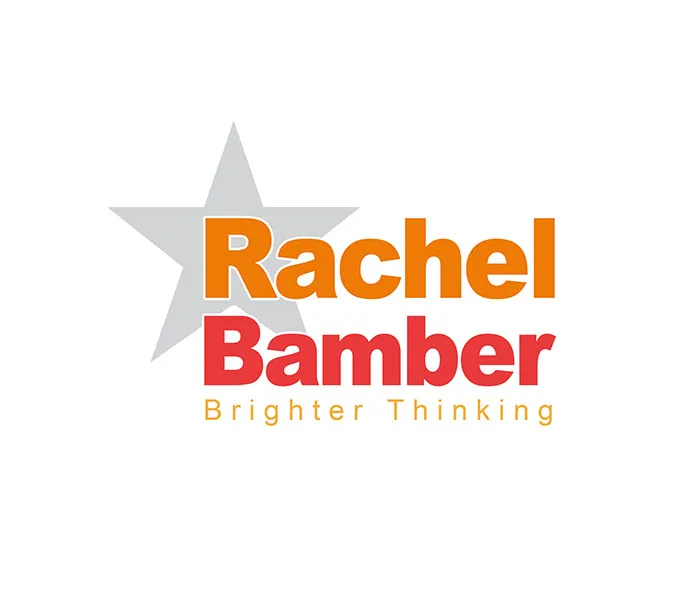Ever wondered how coaching is different from counselling or mentoring, or maybe thought that actually they are the same thing?
If so, you’re not alone. Many people believe the three different disciplines do exactly the same thing and deliver the same results, but this is far from the truth.
As an expert executive coach, I’ll explain what the focus and purpose of each service is, as well as outline some areas of overlap that often lead to confusion.

Coaching
Coaching is focused on helping you to move forward and achieve your goals or objectives, whatever they may be. A coach – who ideally should be experienced and qualified in the areas you want to focus on – will work with you to clarify your objectives and address mindset blocks and self-limiting beliefs that may be holding you back.
Your goals could be anything, from gaining a promotion at work or managing your company better to achieving a better work-life balance or gaining the confidence to start a new venture.
Due to this, there are many different types of coaching available, from executive coaching for business leaders to life coaching for individuals looking to focus on their emotional well-being.
Whatever the type of coaching, the best coaches will have years of experience working with people with similar challenges to you and will be qualified and accredited by reputable organisations such as the International Coaching Federation (ICF).
However, there is no legal requirement for coaches to be qualified or even trained to help others, so the quality and effectiveness of coaches varies widely.
Counselling
By contrast, counselling is focused more on looking back and on helping individuals or groups overcome problems and concerns or recover from a physical or emotional trauma.
The problems and concerns could be related to work (or school) performance, family situations, money worries, and much more.
Trauma could have been caused by the death of a loved one, the end of a relationship, some form of abuse, or a tragic event that impacted many people.
Due to this, counselling can involve psychotherapy – talking to a trained and qualified psychiatrist to overcome mental health conditions. In the UK, psychiatrists must be medically qualified doctors who are able to prescribe medicines if needed.
However, there are no such requirements to be a (non-psychiatrist) counsellor, although industry guidance states that counsellors should have completed relevant courses and have a minimum of 400 hours of therapy training before they start seeing clients.
Mentoring
Mentoring is focused on advising and training individuals, often those who are new to an organisation or are taking on a new role.
The mentor is usually an experienced person who has already accomplished what their mentee wants to do. A mentor, unlike a coach, can provide guidance, advice and help to the less experienced person, answering their questions and enabling them to develop their personal or professional confidence.
Like coaches and counsellors, there are no formal requirements to become a mentor, although those best at it demonstrate patience and a good understanding of the challenges that the new starter may be experiencing.
The best mentors will also freely share their knowledge, contacts and experience with the person they are mentoring (the mentee) and provide advice that will help them progress and grow.

Areas of overlap
Although coaching, counselling, and mentoring each have a different focus and objectives, there are some areas where they overlap.
For example, each of the three service providers – the coach, the counsellor, and the mentor – needs to develop a strong bond of trust with their ‘client’. Without this, it would be impossible for them to fully understand the issues that need to be addressed or provide advice or guidance that is meaningful to the individual.
In addition, coaching, counselling, and mentoring are all generally conducted on a private one-to-one basis with an individual, although they can all also be geared to groups when needed.
And as highlighted above, they are all focused on the cognitive and emotional aspects of an individual, rather than their physical condition (except sports performance coaches who work with athletes to improve their physical competitiveness).
But professional coaching and mentoring don’t cover the same areas as counselling (which could be considered more medical in nature). Mentoring can, however, include elements of coaching, such as becoming a trusted and objective sounding board and providing ongoing support.
A small number of executive coaches like me are trained in Neuro-Linguistic Programming (NLP) so understand how the brain ‘works’ and what strategies to adopt to deliver the best results. And as the first person in the world to also be awarded the Postgraduate Diploma in the Neuroscience of Leadership, I blend proven scientific techniques with real world experience and skills to help business leaders achieve their full potential.
Conclusion
Coaching, counselling, and mentoring can all deliver meaningful, long-lasting results, however it is important you know which one is right for you.
They are very different disciplines, and professionals who work in these fields will have different skills and experiences, as well as very different qualifications, certifications, and training if they have chosen to become accredited and validated.
Read my post on what an executive coach does to find out what I specialise in at Brighter Thinking.




